Best baby food for puppies
7 Types of Baby Food that Your Dog Can Eat
Please share!
Having dogs is fun when you remember the love and attention that they give to you. If you have dogs, you tend to give them a lot of treats and delicious meals.
What treats can you give to dogs?
Some dog owners give their dogs baby food. Can dogs eat baby food? If so, what type of baby food can dogs eat? Here are seven baby food ideas for your dogs:
Table of Contents
1. Baby Formula
Baby formula is packed with every nutrient essential for the growth of your baby. Guess what, even dogs can eat baby formula. Baby formula will enrich your dog’s diet with proteins, carbohydrates, vitamins, and other needed nutrients.
Dogs need less iron in their food than we do and baby formula has some iron in it, but not enough to make it unsafe for dogs to consume. Dogs also need fiber in their diet, but the fiber content in baby formula is low. This means that you should give baby formula to dogs as treats and not regular meals.
2. Gerber Baby Food
Gerber baby foods are completely safe for dogs just like your baby. Most Gerber foods are made with fruits and dogs love their fruits. Gerber foods also have a lot of vitamins and minerals that your dog needs.
Both young and old dogs can eat Gerber baby food. You can even use this type of food to give an appetite to sick dogs.
3. Fruits
Fruits are essential for dogs as they are natural, delicious, and nutritious. Examples of fruits that both babies and dogs can eat are:
- Bananas: Sweet ripe bananas are treats for your dogs.
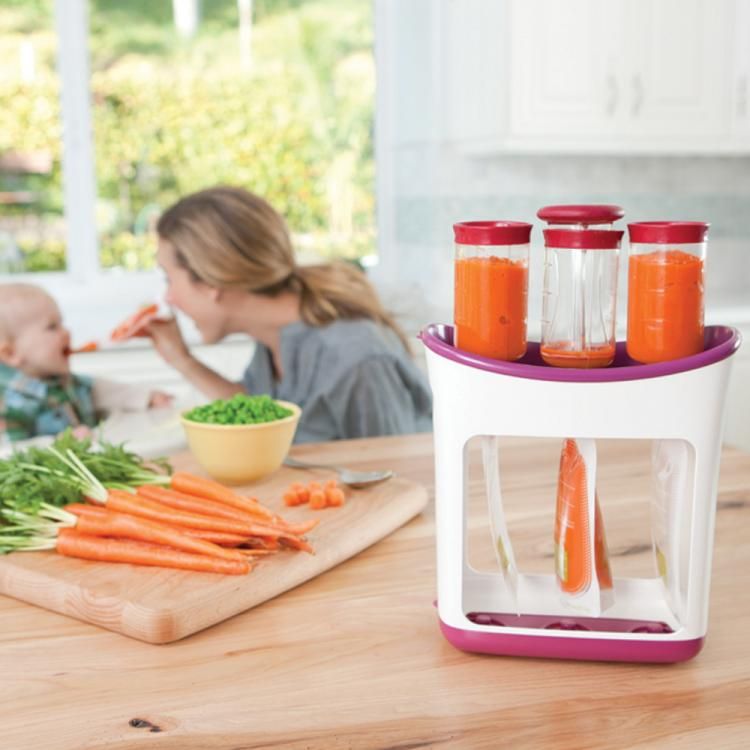 Bananas are rich in potassium and other nutrients for your puppies and adult dogs.
Bananas are rich in potassium and other nutrients for your puppies and adult dogs. - Pumpkins: Do you love pumpkins? Well, so do dogs. Give only ripe pumpkins to dogs.
- Apples: Dogs can eat apples and they love apples. Please do not allow your dogs to eat apple seeds as they can be toxic to dogs.
- Blueberries: These berries are rich in antioxidants, so they are safe for your dog and help to boost their immune system.
- Cantaloupe: This fruit is an awesome source of water and nutrients for dogs. Give cantaloupes to your dogs when they are hot.
- Pineapples: A lot of babies love pineapples as well as pineapple juice. If you have leftovers, you should give them to your dogs.
- Tomatoes: Tomatoes are rich in water, vitamins, and minerals for your babies as well as your dogs.
Most fruits are rich in sugars. You should give fruits to your dogs like treats, not a regular meal.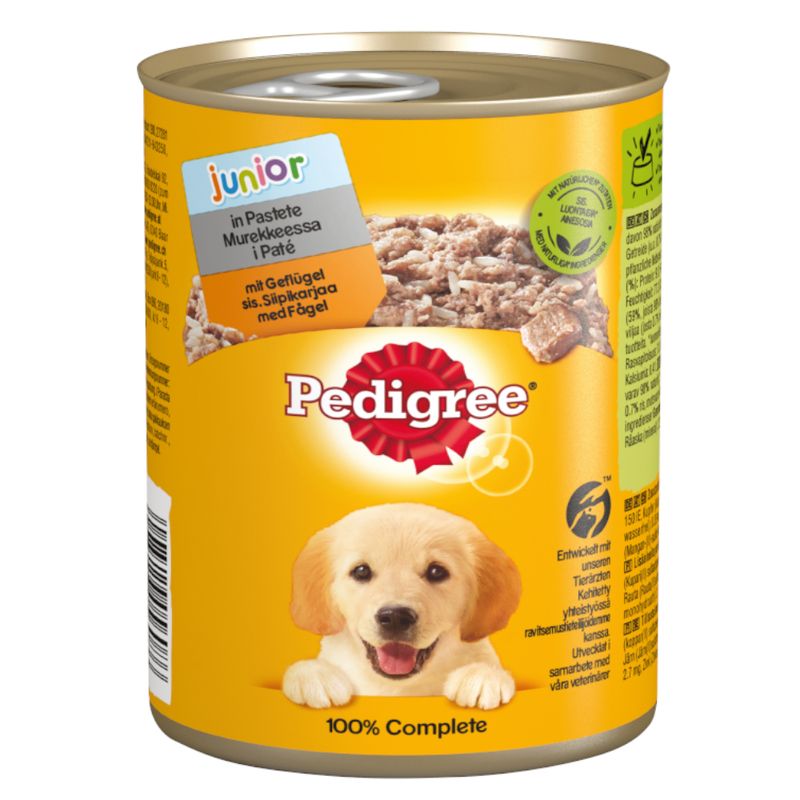
4. Vegetables
Vegetables are good for the health of your babies. Vegetables give fiber as well as vitamins and minerals to your baby. Just like babies, dogs can eat vegetables. Here are examples of vegetables that you can give to your dogs:
- Potatoes: Potatoes are tuber vegetables that are rich in starch. Many parents make potato pudding for their babies. You should give potatoes to your dogs as treats.
- Spinach: This fiber-rich vegetable is safe and healthy for dogs. You can give your dogs spinach by mixing it with other types of food.
- Carrots: Dice or slice carrots for your dogs as they love them. Carrots are healthy treats for both young and old dogs.
- Peas: Do you have peas to spare? Why not give them to your dogs? Peas are not the favorite treat for dogs, but they still eat them when provided.
- Lettuce: Just like spinach, lettuce is a healthy leafy green for dogs.
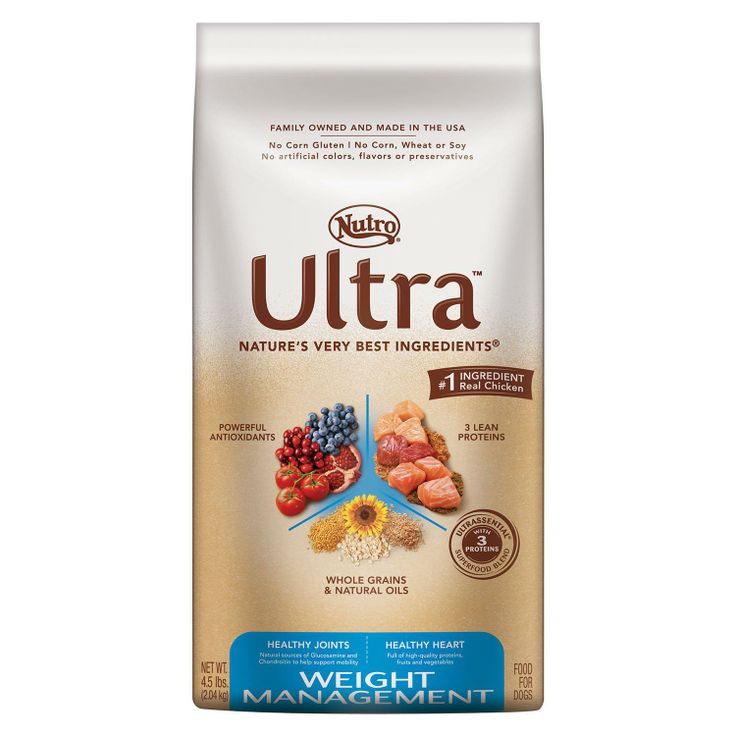
Remember that if your dogs do not like their vegetables, you can mix the vegetables with other types of foods (foods that your dogs love to eat).
5. Baby Puffs
Do you have some baby puffs to spare? Baby puffs are delicious treats for dogs. Baby puffs are made with nutritious ingredients that are not harmful to your dogs when eaten in moderate quantities. Some ingredients used in making baby puffs are:
- Wheat flour
- Sugar
- Oat flour
- Rice flour
As you can see, baby puffs are completely safe for dogs.
6. Meaty Baby Foods
Any baby food that contains meat is probably a favored treat for dogs. Dogs need meat as well as other protein sources for their full development. You can give beef, chicken, pork, or any meaty products to your dogs. Make sure that the food is well-processed and it has not stayed open for too long before you give it to your dog.
7. Other Safe Recipes
If you make your baby food by yourself, you can give it to your dog so long as it meets the criteria below:
- It does not contain chocolates
- It does not contain toxic items such as apple seeds
- There are low levels of iron in the food
- The level of sugar is moderate to low
- It is not a medical recipe or product
Any of your special recipes that match the criteria above can be given to your dog (in little quantity).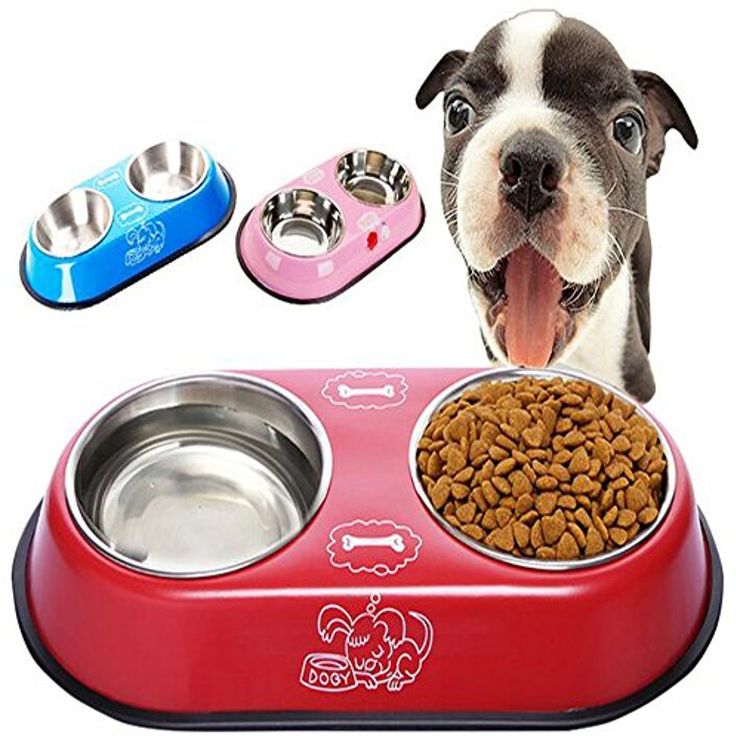 You can also ask the vet if the product or recipe is safe for dogs.
You can also ask the vet if the product or recipe is safe for dogs.
As you can see, there are so many types of baby foods that dogs can eat. Don’t throw leftovers away. Instead, give them to your dogs as treats or meal-toppers!
Related Questions and Answers
Here are answers to a few similar questions:
1. Should You Replace Your Dog Food with Baby Food?
You should not give only baby food to your dogs. Baby food is usually high in carbohydrates and low in fibers and dogs need their fiber and very little sugars. Baby food can also be expensive, so giving only baby food to your dog can cost you a lot of money.
Instead of giving baby food to dogs regularly, here are some recommended methods of giving baby foods to dogs:
- As Treats and Rewards: Give baby food to dogs as treats. This means that you should give it occasionally and not often. Dogs love baby food (especially baby formula and meaty foods).
 You can use baby food to reward dogs for their good behavior during training.
You can use baby food to reward dogs for their good behavior during training. - Mixed with Food: Instead of giving only baby food to your dog, you can mix it with their normal food. This will help your dogs to have more nutrients from their meal.
- Give Appetite to Sick Dog: Sick dogs usually lack appetite and will reject a lot of food. If your dog is rejecting meals, try to mix some baby food with their meal. Baby food will usually increase your dog’s appetite to eat.
- To Change Your Dog’s Food: When you change the food of your dog, they might lack interest in the new food. Try adding baby food to the new food for a few days to see if your dog will accept the food.
Giving baby food to your dogs just once in a while can increase the value that your dogs have for baby food. This makes baby food an awesome treat for dogs.
2. Can Puppies Eat Baby Food?
Puppies can eat baby food such as formula, baby puffs, fruits, meaty products, etc.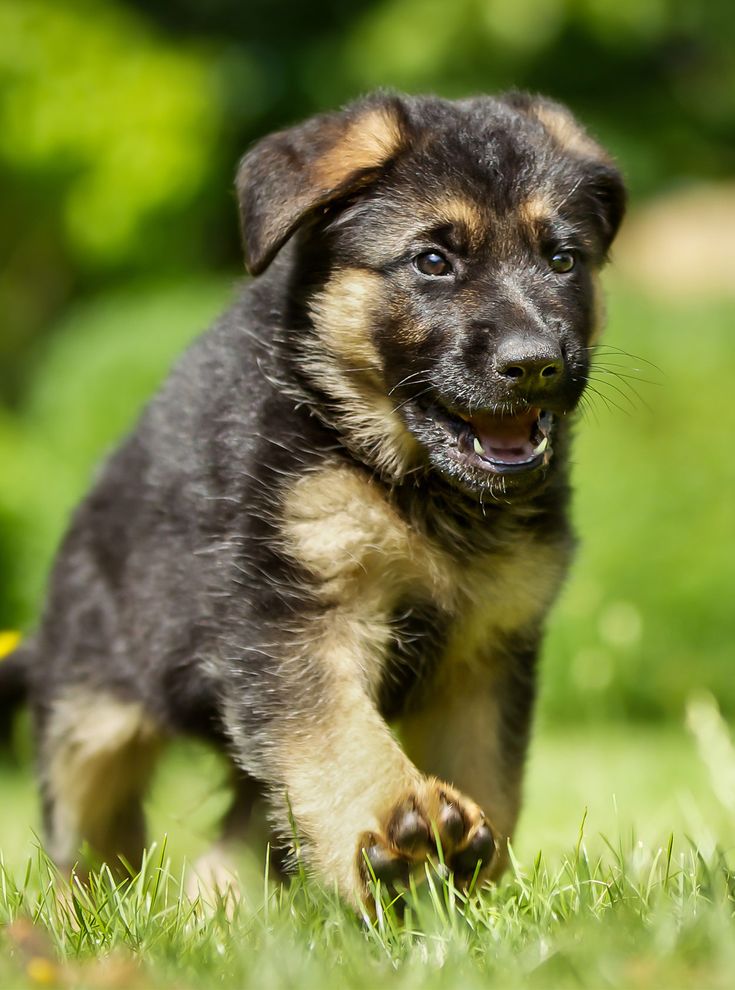 One good quality of baby foods is that they are always very easy to digest. When your puppies eat baby food, they get nutrients quickly, and thus, baby food is beneficial for them.
One good quality of baby foods is that they are always very easy to digest. When your puppies eat baby food, they get nutrients quickly, and thus, baby food is beneficial for them.
Since puppies have their own formula which is cheaper than baby formula, you should give them baby food as treats and not their actual meal.
3. Can Baby Foods Make Dogs Sick?
Baby foods can make dogs sick at times. For example, baby food can give dogs stomach aches and headaches if they eat too much of it (especially when the food contains a lot of sugars). Also, baby food can make dogs sick when it has gone bad.
If you are giving leftover baby food to your dogs, make sure that it has not been open for a long time. Don’t give spoiled baby food to dogs nor other animals.
4. Can Cats Eat Baby Food?
Just like dogs, cats can eat baby food, but as treats and not actual foods. Cats love meaty baby foods even more, so you can give your cats some leftover products containing beef, chicken, pork, and other types of meat.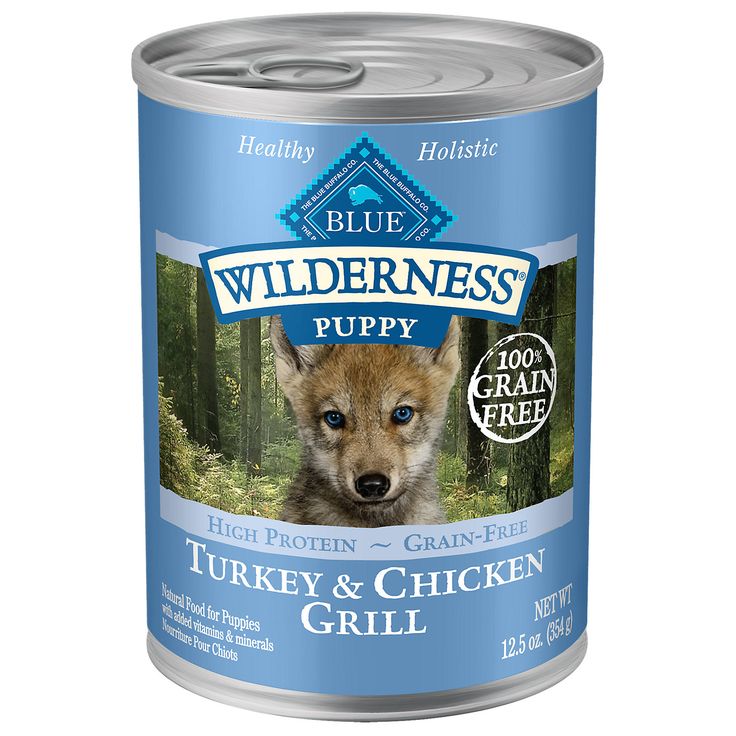
Don’t give too much baby food to cats else they might refuse to eat other foods (who wouldn’t prefer baby foods?).
5. Other Animals that Can Eat Baby Food
Here are examples of other animals that can eat baby food:
- Chinchillas: Chinchillas can eat plant-based baby foods such as fruits and vegetables.
- Guinea Pigs: Just like chinchillas, guinea pigs only eat plant-based products.
- Pigs: Pigs can eat several types of baby foods. Make sure that you do not give them too much.
- Rabbits: You can give your leftover fruits and vegetables to your pet rabbits as rabbits love to eat baby food.
- Goats: Got any baby food to spare? Goats can eat several types of baby food, but you should give them only plant-based products.
You should not waste your leftovers of baby food by throwing them away. Instead, give them to your pets and farm animals.
Found the answer to your question yet? I hope so!
Final Thoughts
Dogs can eat different types of baby foods.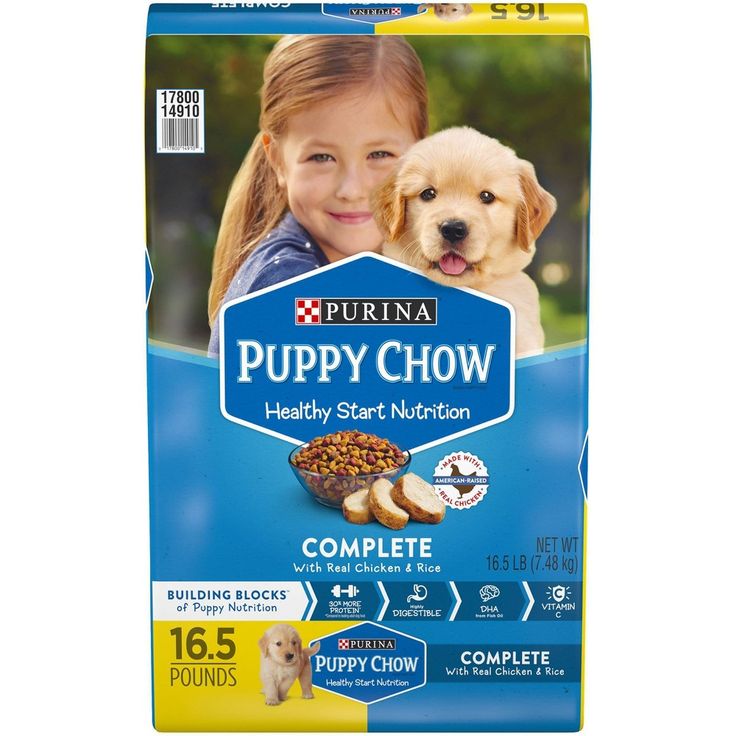 Dogs eat baby food products such as Gerber foods, vegetables, baby puffs, meaty foods, etc. Even though dogs can eat baby foods, you should make sure that they only eat baby food occasionally and not regularly.
Dogs eat baby food products such as Gerber foods, vegetables, baby puffs, meaty foods, etc. Even though dogs can eat baby foods, you should make sure that they only eat baby food occasionally and not regularly.
Sources
- https://spoiledhounds.com/can-dogs-eat-baby-food/
- https://www.akc.org/expert-advice/nutrition/fruits-vegetables-dogs-can-and-cant-eat/
- https://www.akc.org/expert-advice/nutrition/six-foods-to-feed-your-dog-when-hes-sick/
- https://animals.mom.com/how-to-make-an-automatic-dog-feeder-12179954.html
Can Dogs Eat Baby Food? What You Need To Know
The answer to “can dogs eat baby food” might surprise you! It all depends on the type of food. Read on to see why you should be careful.
Baby food is just pureed food. It should be safe for dogs, right? This guide will tell you whether it’s safe and why you should be careful.
For ultimate pet safety, please ask your vet any questions you have regarding your dog eating baby food.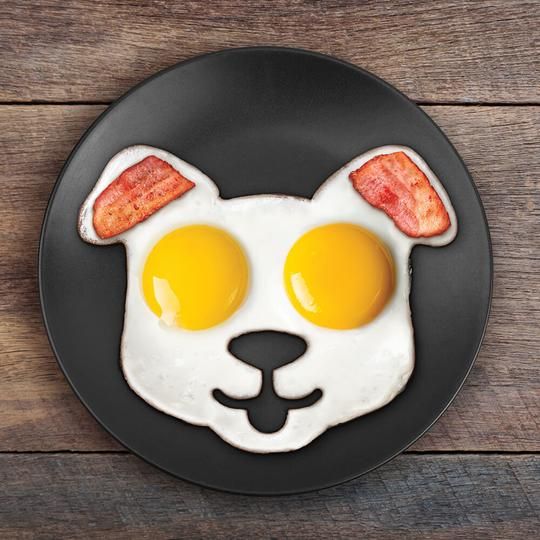
Table Of Contents
- Can Dogs Eat Baby Food?
- Do Not Replace Food With Baby Food
- Can Dogs Eat Baby Formula?
- Can Dogs Eat Gerber Baby Food?
- Is Banana Baby Food Good For Dogs?
- Pumpkin Baby Food For Dogs – Yes or No?
- Can Dogs Eat Baby Puffs
- Is Baby Food Good For Dogs?
- Best Baby Food For Dogs
- Can Puppies Eat Baby Food?
- Can Puppies Eat Baby Formula?
- Baby Food For Sick Dog
- Feeding A Sick Dog
- Liquid Food for Sick Dog
- Baby Food For Dogs: Final Thoughts
- More Dog Food Resources
Can Dogs Eat Baby Food?
Since baby food is basically just pureed fruits and vegetables, isn’t it good to feed them? If you have ever looked at a jar of mashed sweet potatoes and wondered, “can I feed my dog baby food?” You aren’t alone.
Lots of people ask the same thing. In fact, some people are told to feed their dog baby food when they are sick and they can’t eat solid food.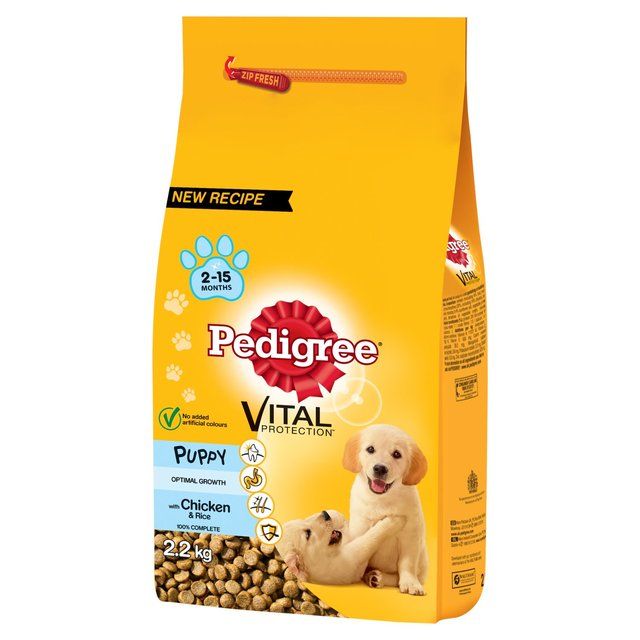
The short answer is that yes, you can feed baby food directly to your dog. You can also mix it into their dog food or use it to make dog treats.
However, you should still read all the labels. If the baby food contains onions or onion powder, avoid it. Onions can be harmful to dogs.
As a dog owner, remember to introduce new foods slowly. Even leftover baby food can be safe for young puppies, but watch for signs of an upset stomach and stop giving them the food if they react negatively.
Do Not Replace Food With Baby Food
Dogs need fiber and other nutrients that baby food can’t replace. Do not replace your dog’s food with only baby food.
You can still use it sparingly or as a treat. Remember, dogs need to eat dog food, not human food, as their main source of nutrition.
It is a good option when your dog is unable to eat dry food or if they need to be on a bland diet.
Can Dogs Eat Baby Formula?
If your dog gets into baby formula, you don’t have to worry too much.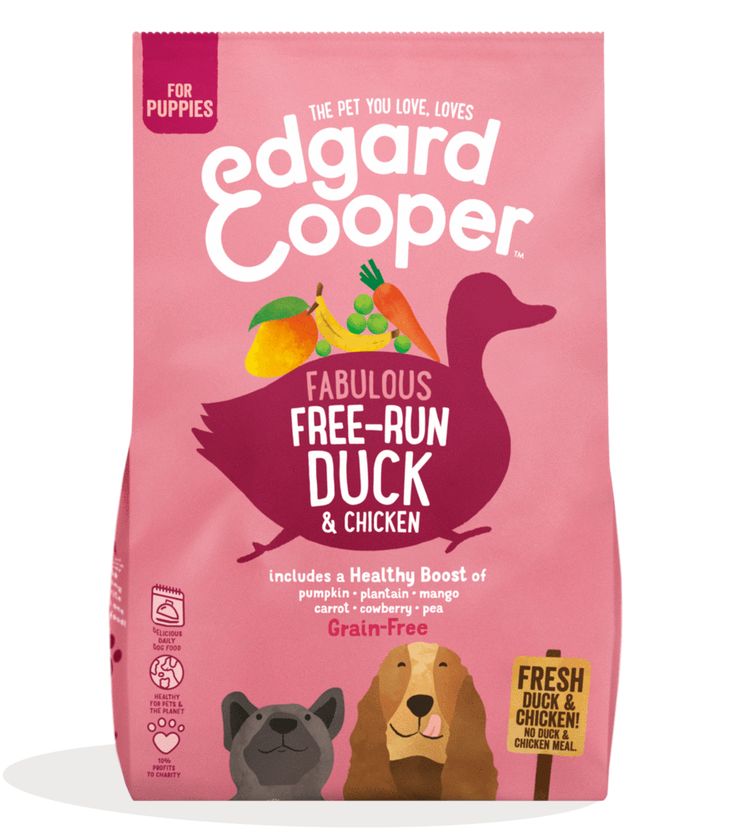 According to the Pet Poison Helpline, eating too much baby formula might give your dog a stomach ache, but it won’t hurt them.
According to the Pet Poison Helpline, eating too much baby formula might give your dog a stomach ache, but it won’t hurt them.
While baby formula does contain iron that could be toxic to dogs, there is usually such a small amount that it doesn’t bother them.
It’s still a good idea to keep your dog away from baby formula.
Can Dogs Eat Gerber Baby Food?
Yes, dogs can eat Gerber baby food as long as it is pure fruit or vegetable. Do not give them any kind of baby food with onions or garlic.
Otherwise, it is safe to give your dog baby food that is made from single-sourced fruits and vegetables. However, you should be careful with how much they eat. Baby food is high in sugar and low in fiber, which isn’t a healthy combination for dogs.
Baby food won’t meet your dog’s nutritional needs. But it can be a good idea if they have a sensitive stomach.
Is Banana Baby Food Good For Dogs?
Yes, banana baby food is safe for dogs. Before you start doling out these sweet jars, hold back and only give it to them in moderation.
Bananas are actually healthy for dogs. They are a fantastic source of vitamin B6 and C. They are also rich in potassium too.
Too much sugar in a dog’s diet can lead to obesity and diabetes. Bananas contain natural sugars that you still need to be careful with.
It’s ok to add a little bit of banana baby food to your dog’s food, just don’t give them too much every day.
Pumpkin Baby Food For Dogs – Yes or No?
Pumpkin is a very safe flavor to feed your dog. Vitamin A is good for their eye health and the high amount of vitamin C will boost their immune system.
You can either mix pumpkin baby food in with their dog food or make some dog treats with pureed pumpkin.
Can Dogs Eat Baby Puffs
Lots of dog owners buy baby puffs and give one or two at a time as dog treats. As long as your dog doesn’t have any food allergies, these are safe for them to eat and a good choice.
The main ingredients in baby puffs are:
- Rice flour
- Whole wheat flour
- Cane sugar
- Whole grain oat flour
Then, depending on the flavor you buy, it might have some fruit puree in it too.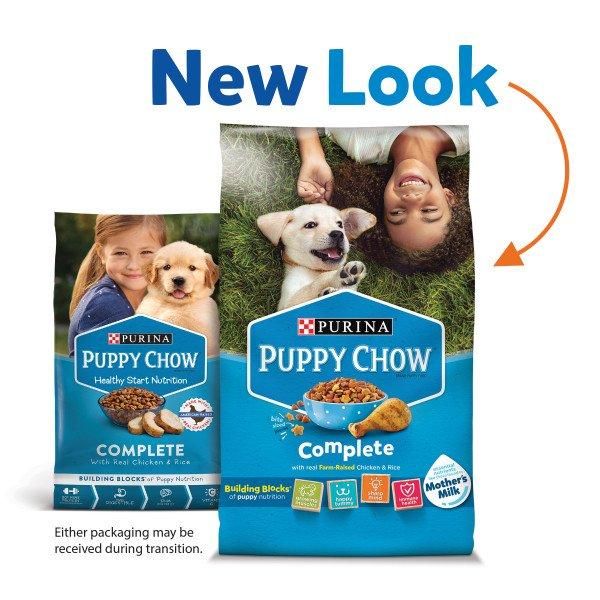
Rice cereal and oatmeal cereal are also safe for your dog as an occasional treat. It’s always better to feed your dog whole foods since they need more fiber than sugar. But these are safe options in moderation.
Is Baby Food Good For Dogs?
Baby food can be used as an ingredient in dog treats or added to their regular food. It should not be used as a substitute for dog food since it doesn’t contain all the fiber and nutrients they need.
Baby food can be used to coax a sick dog to eat and a great way to help them take their medicine.
Best Baby Food For Dogs
Meat, fruit, and vegetable are all safe types of baby food to give to your dog in moderation. Things like mashed baby carrots or other safe vegetables are a good thing to give your pet in addition to their regular diet.
Always look for baby food that is made with as few ingredients as possible. Avoid anything with onion or garlic powder.
Can Puppies Eat Baby Food?
Just like full-grown dogs, it is safe to give puppies baby food.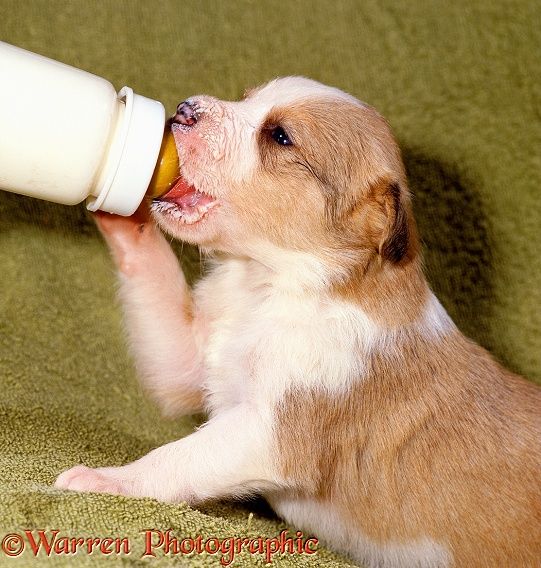 However, puppies need a lot of protein and fiber to grow. High-quality commercial puppy foods will have all the amino acids and nutrients they need while they are growing.
However, puppies need a lot of protein and fiber to grow. High-quality commercial puppy foods will have all the amino acids and nutrients they need while they are growing.
Can Puppies Eat Baby Formula?
Can you give a newborn puppy baby formula? The short answer is that the best option is always their mother’s milk. If at all possible, keep the puppies with their mother and let her feed them until they naturally wean.
If this isn’t an option, then you should only give it puppy formula. Human formula won’t harm them, but it isn’t designed for them and doesn’t have the correct balance of nutrients.
Puppy formula is the closest thing to a dog’s natural milk.
Baby Food For Sick Dog
If your dog is sick and doesn’t want to eat regular food, the baby food can be an easy way to coax them to eat. Put a little bit on their nose. Then, put a little bit with their food. Use it sparingly so it is more of a treat. It should not replace their regular meals.
Feeding A Sick Dog
Lots of veterinarians will give baby food to sick dogs who refuse to eat solid foods.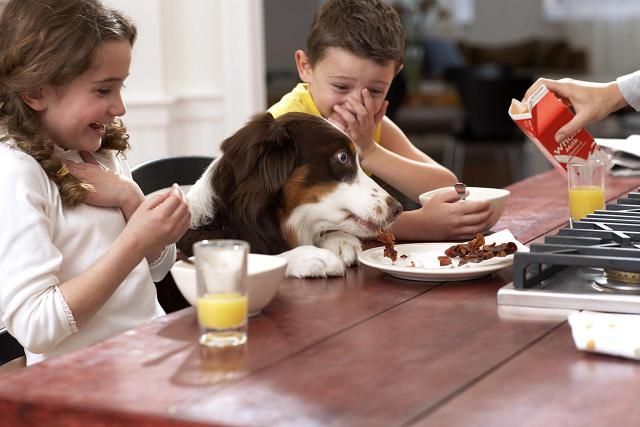 They give them a little bit in a syringe if they are really lethargic. This bit of sugary foods will give them more energy and interest in their normal food.
They give them a little bit in a syringe if they are really lethargic. This bit of sugary foods will give them more energy and interest in their normal food.
Liquid Food for Sick Dog
If your dog has an upset stomach, always consult your veterinarian first. Always take their advice before trying any home remedies.
Some vets will suggest a liquid food diet for dogs.
That means you can give them mild, whole-food baby food. Other options include bone broth and pumpkin.
Baby Food For Dogs: Final Thoughts
The biggest warning about giving baby food to dogs is that it could make your dog a picky eater. It is so easy for dogs to eat that they tend to only prefer the sweet-tasting baby food over their more nutritious solid options.
Only use baby food when you absolutely need to. You can use it to make your own homemade dog treats and to coax a sick dog to eat. Do not use it full-time as a substitute for their complete nutrition.
More Dog Food Resources
As you keep learning about what your dog can eat, here are some more articles on human foods for dogs.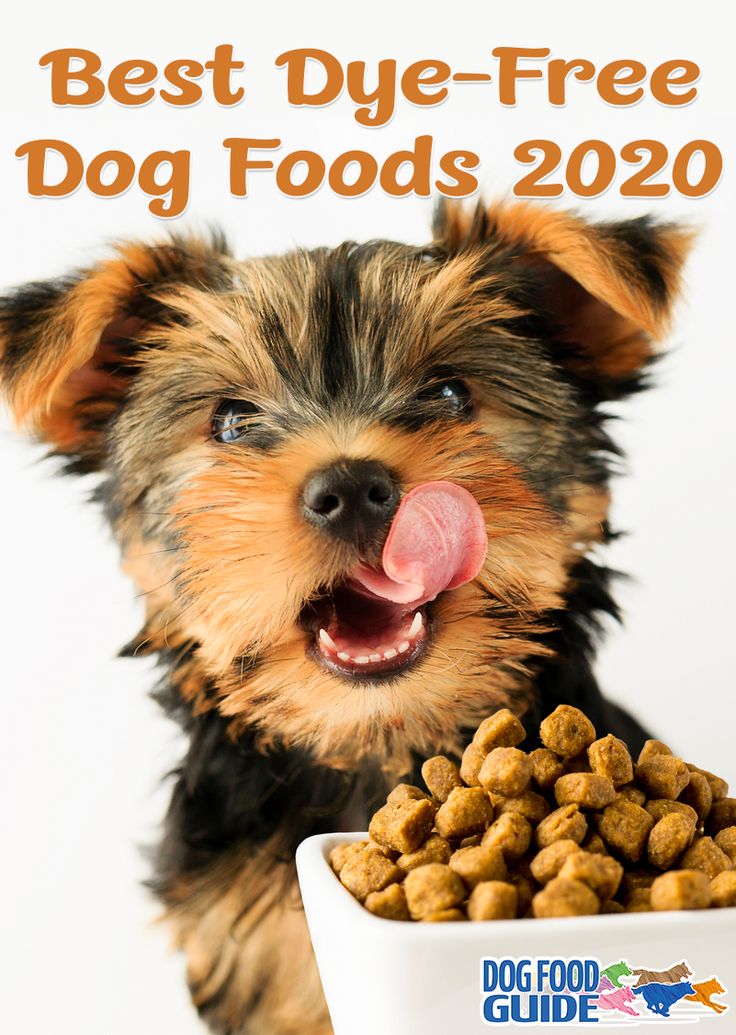
- Can Dogs Eat Animal Crackers
- Fennel for Dogs
- Can Dogs Eat Sauerkraut
- Dogs and Crawfish
- Can Dogs Eat Tahini
Find lots of articles about food dogs can eat and ones they can’t right here on Spoiled Hounds!
📌 Pin this to save and share 📌
Pin me, please!Is it possible to feed dogs with baby food, what to give instead for puppies
January 25, 2022
The question seems simple and unambiguous only at first glance. Many people think that if a product is made for babies, its quality should be on top and certainly suitable for feeding pets. We do not argue that in most cases the production of food for infants is indeed of high standards, but the problem here is not in the quality of raw materials and compliance with production standards, but in compliance with the composition of baby food to the needs of predators - adults and especially growing ones.
Only as a treat
If there is a baby in the house, dogs often get the uneaten remains of instant cereals, milk mixtures, vegetable and meat purees.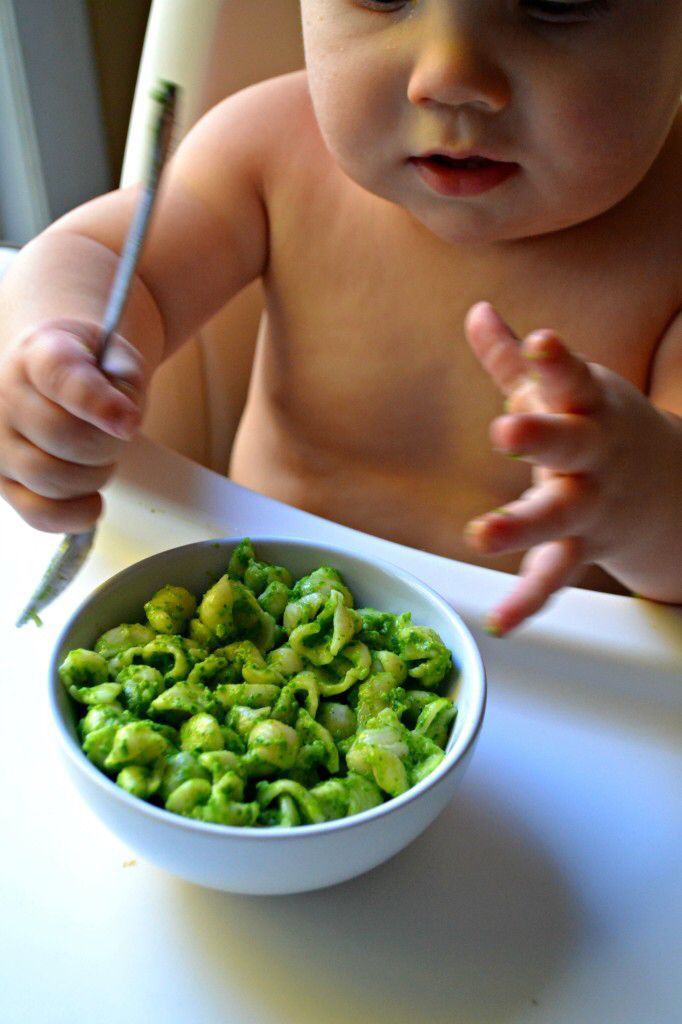 Well, if it's about giving baby food as treats to dogs, it's okay, even though it doesn't make sense. Just do not forget that the share of this kind of treats should be no more than 10% of the calorie content of the entire diet (per day), otherwise your dog will quickly gain weight, which will be very difficult to get rid of.
Well, if it's about giving baby food as treats to dogs, it's okay, even though it doesn't make sense. Just do not forget that the share of this kind of treats should be no more than 10% of the calorie content of the entire diet (per day), otherwise your dog will quickly gain weight, which will be very difficult to get rid of.
Particularly harmful in this regard are porridges, a source of readily available carbohydrates. However, cottage cheese, kefir and milk mixtures are also not the healthiest food for a dog. Yes, they contain milk protein and usually probiotics, but they are often additionally sweetened - which is not good for animals at all. If we are not talking about puppies, but about adult dogs, then “native” milk sugar is a big risk. The farther from puppyhood, the less pets have enzymes designed to digest lactose. By 7-8 months, only a small part of the dogs can digest and assimilate the "milk" well, the majority have bloating, diarrhea of varying degrees of intensity.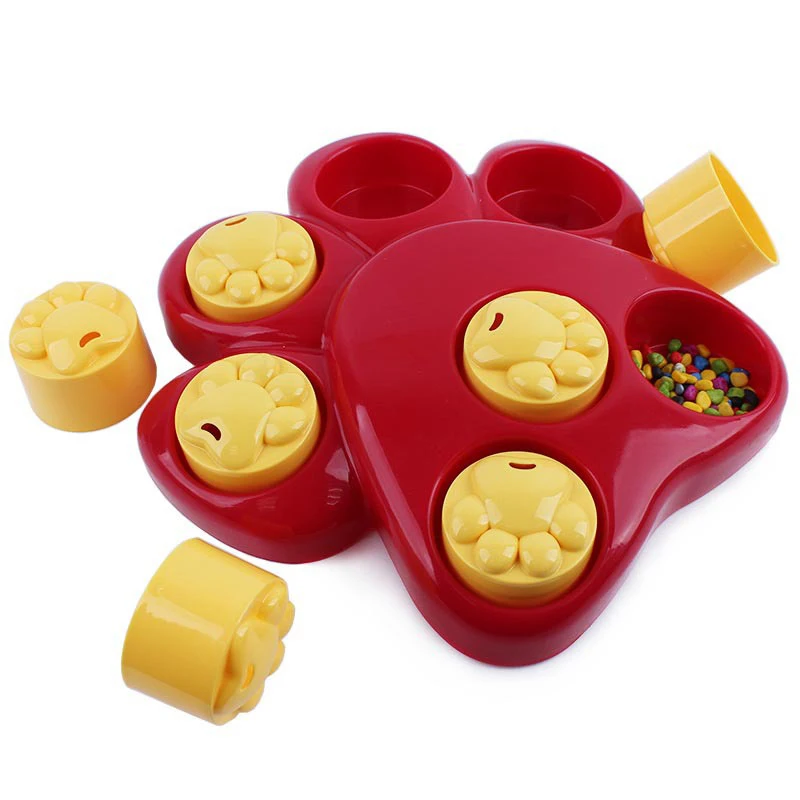
What about meat purees in glass and tin jars - such as Tyoma, Nestle, Grandmother's basket, etc.? It is they who are most often referred to when they talk about feeding pets with baby food. Moreover, many owners specifically buy baby food in stores, and do not use stocks purchased for children and grandchildren with the goal of “not wasting”. Usually this practice is typical for owners of small puppies, adult dogs of small breeds, as well as pets who find it difficult to chew. Alas, it is undesirable to give even meat baby food to dogs on an ongoing basis. And there are reasons for this.
Why shouldn't you feed your dog meat baby food?
First, these products have a completely different composition. The dog will obviously not receive the necessary components - animal protein and fat, which are vital to it, and calories will not be received from the usual and so healthy meat, fish or poultry, but most likely from grain and starch.
Secondly, all these products undergo a powerful heat treatment (sterilization), during which not only possible pathogenic microorganisms are destroyed, but also many useful substances vital for predators are lost - a number of amino acids and vitamins.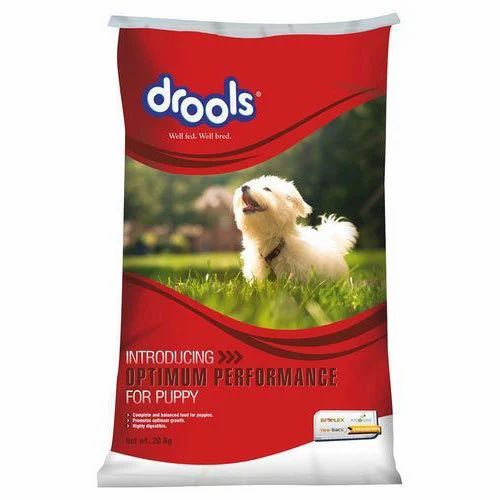 In the manufacture of industrial food for dogs, the same thing usually happens, however, manufacturers, knowing about the problem, introduce the "lost" substances additionally, at the last stage of production.
In the manufacture of industrial food for dogs, the same thing usually happens, however, manufacturers, knowing about the problem, introduce the "lost" substances additionally, at the last stage of production.
It is not for nothing that ready-made food, which is intended for daily nutrition of animals, is called “complete” or “balanced”, and its recipe is called “formula”. On the label you will definitely find the components included in the mineral-vitamin complex, the amount of proteins, fats, carbohydrates, fiber. And even if some substances were not enough in the feedstock, after taking samples for analysis, the developer will add what is needed to the “dough” of the feed.
Data on the needs of dogs are not taken from the ceiling and not from the personal experience of the manufacturer, but are correlated with the figures recommended by the competent regulatory organizations - AAFCO, FDA, as well as GOSTs for non-productive animals.
Thirdly, in the composition of children's meat food, you can often find such undesirable components as potato starch, rice or wheat flour.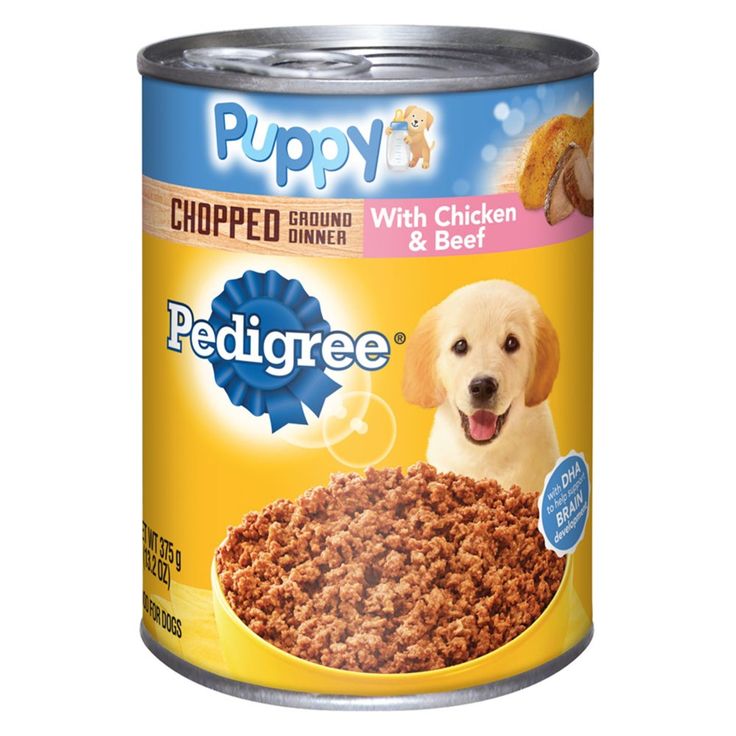 And also, which is rather unpleasant, salt, spices and even dried onions. The proportion of such additives is rarely indicated, and it may happen that when buying a “meat” puree, you will provide your pet with only its likeness, moreover, devoid of the necessary nutrients.
And also, which is rather unpleasant, salt, spices and even dried onions. The proportion of such additives is rarely indicated, and it may happen that when buying a “meat” puree, you will provide your pet with only its likeness, moreover, devoid of the necessary nutrients.
Why is the use of baby food so popular in feeding puppies and dogs? This product really has many advantages: it contains understandable types of meat, is well homogenized and has a delicate texture (which is important for small puppies and dogs with oral problems), is completely ready for use and can be stored at room temperature. An important advantage for some owners is the financial side of the issue: sometimes baby food seems cheaper than high-quality wet dog food, and at the same time it is easy to buy.
Is it possible, taking into account the above-mentioned advantages, to choose an analogue for children's purees among canned food created specifically for dogs? Delicious, complete, healthy in composition, delicate in texture, conveniently packaged and affordable and available in stores? Yes, you certainly may.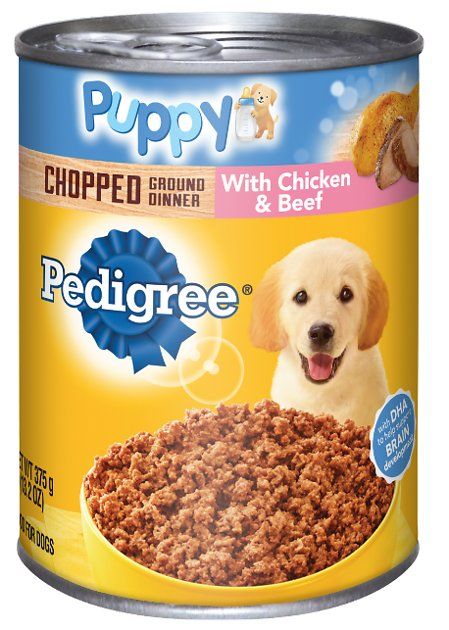
What to give instead of baby food?
Let's start with those who receive baby food not from younger family members, but from reverent owners who strive to give their pet the best and safest.
Feeding small puppies
For the first three weeks, mother's milk is the only thing a puppy needs, but then you can start accustoming a kitten to meat food. Not any diet is suitable, but as you understand, the most tender, easily digestible and very nutritious. It is commonly referred to as a "starter", but not all manufacturers make one. We have such a product in our assortment, it is Blitz Sensitive "Turkey with Zucchini" - a starter food for puppies, pregnant and lactating bitches. Packed in 200 g cans with a key. Contains turkey meat, several types of offal, zucchini pulp, milk powder, prebiotics and a vitamin and mineral complex. The product has a high calorie content, so it is advisable to give it up to 4 months, when the puppies are growing rapidly, then it is advisable to switch to other canned food options, for example, with chicken and pumpkin or lamb and turkey.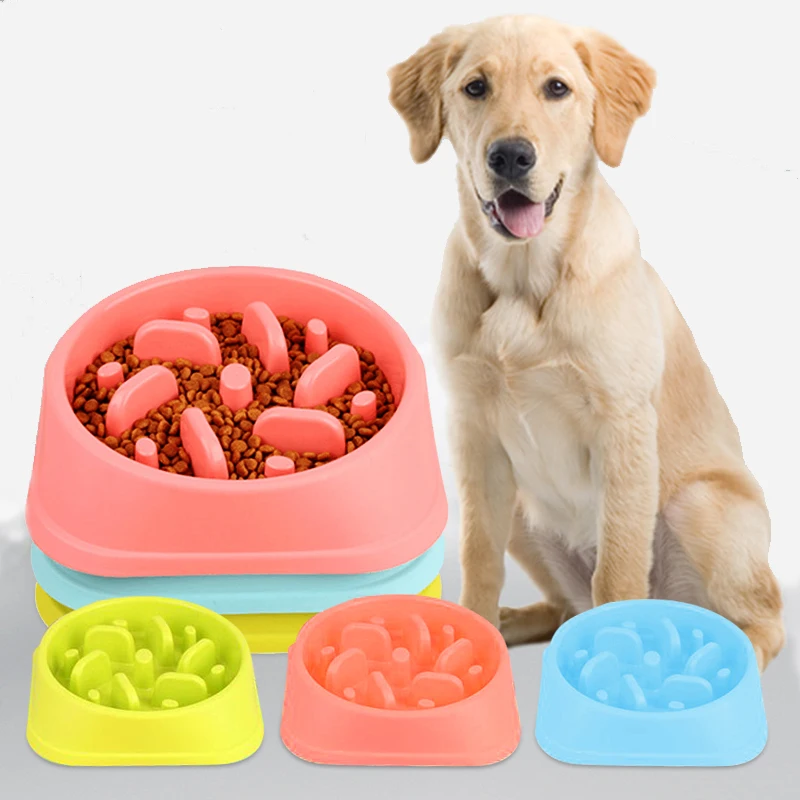
All Blitz wet foods for dogs and puppies are complete rations with 80% to 98% meat ingredients. By consistency, they are divided into “pieces in sauce” or chopped pates, they are available in different packaging options (85 g, 200 g, 400 g and even 700 g) and are presented in a wide flavor palette - you will definitely choose what suits your pet.
The current assortment can be viewed on this page of our catalogue. Foods marked "for all breeds and ages" are designed, among other things, for the daily feeding of puppies that have come out of the lactation period.
Canned food for small breeds of dogs
Miniature pets (Chihuahua, Spitz, Dachshund, Toy) are also very fond of eating baby food, and in terms of packaging it seems to be intended for them for a single portion. But, despite the external "toy", these are real dogs - brave, tireless, with well-developed muscles and light bones. And they need to eat the same way as other breeds - not purees like "Tyoma", but a balanced diet.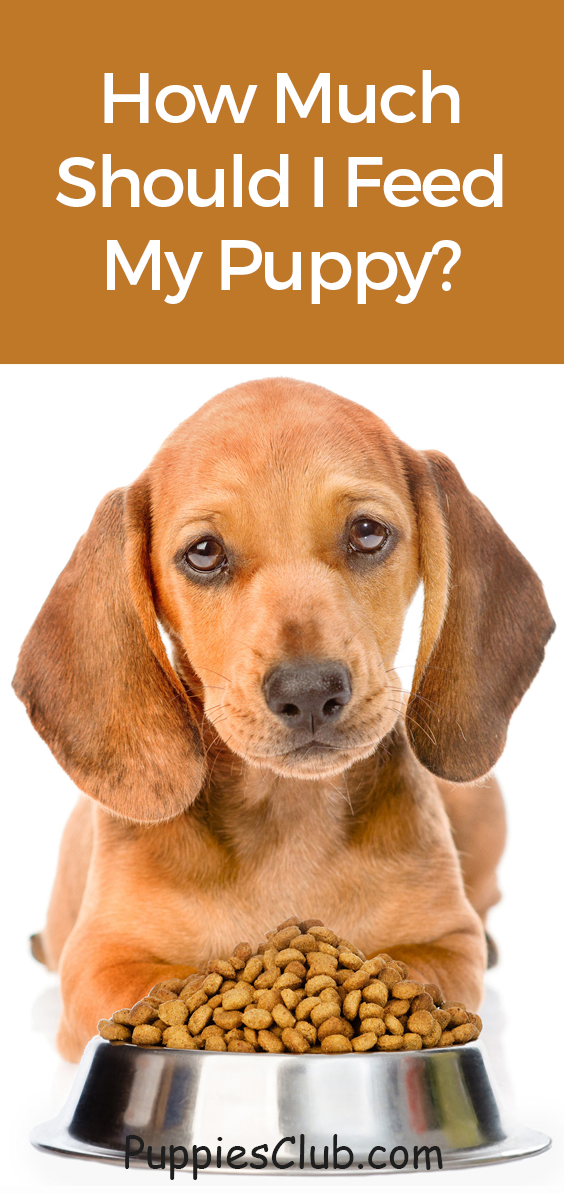 Slices of canned Lamb with Salmon, Beef with White Fish or Turkey with Duck soaked in fragrant sauce will please your gourmet much more than baby food, and they will be a hundred times more useful.
Slices of canned Lamb with Salmon, Beef with White Fish or Turkey with Duck soaked in fragrant sauce will please your gourmet much more than baby food, and they will be a hundred times more useful.
Blitz dog food is produced in Russia using European equipment. They are developed taking into account the recommendations of leading veterinary organizations and regulatory authorities, from high-quality raw materials, without the use of preservatives and dyes.
Nutrition for debilitated dogs
In most cases (except for liver diseases) during the recovery period and in old age, dogs do not need diet food (as we understand it), but easily digestible nutritious food. If your dog was recommended a temporary liquid diet after surgery, or if your pet has oral problems, it is not necessary to opt for baby mashed meats. The correct choice would be to use any of Blitz's complete wet or even dry foods, bringing them to the desired consistency with water.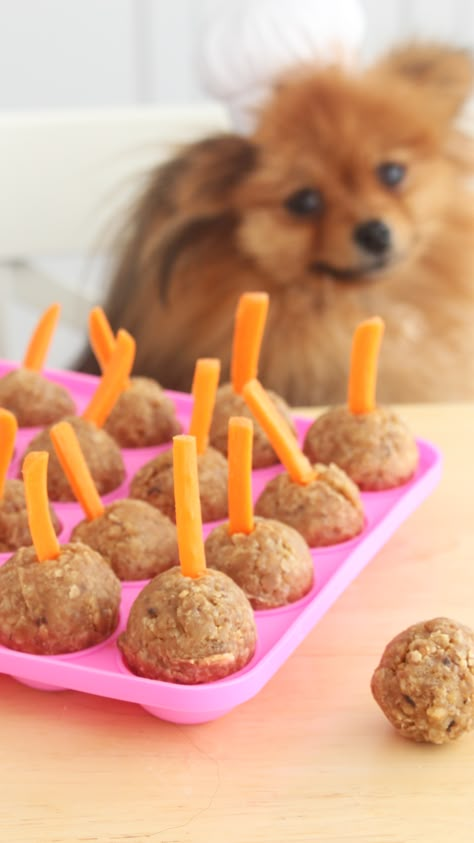 Learn how to properly soak dry food here.
Learn how to properly soak dry food here.
Blitz – available to everyone
Blitz wet food can be found on all major online trading platforms (Ozon, Wildberries, YandexMarket), ordered on the official website of the brand or bought at the pet store of our distributor partners. A complete list of them, with addresses and phone numbers, you can see on this map. We supply our products to all regions of Russia.
Due to Russian production, transparent logistics and focus on quality, Blitz wet food boasts a competitive price. You can give them to your pet every day, and it will certainly not be more expensive than feeding him baby food, but it is guaranteed to be more beneficial for his health and development.
What to feed a puppy from 1 month to a year: how many times, what not to
Author Alla Shmeleva To read 10 min Published
A growing body needs a clear regimen and a properly composed diet.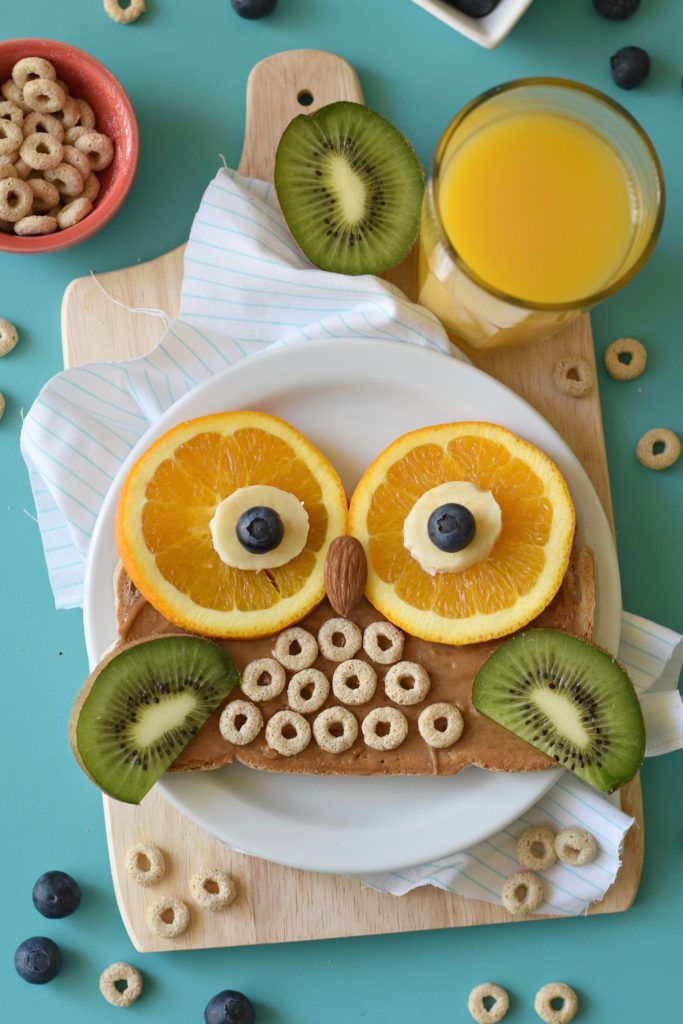 It depends on the nutrition during this period what kind of dog the tailed baby will become in the future - healthy and harmoniously developed, according to the standards of the breed, or it will acquire chronic health problems.
It depends on the nutrition during this period what kind of dog the tailed baby will become in the future - healthy and harmoniously developed, according to the standards of the breed, or it will acquire chronic health problems.
How to make a puppy's diet at home, depending on its age, what kind of food to give preference - we will consider in this article.
Content
- Popular issues about puppy nutrition
- How many times to feed
- How to feed puppies monthly
- 1 month
- 3 months
- diet, depending on the carbon .
- Medium
- Large
- What not to feed
- Briefly about the main
- Video
Popular questions about puppy nutrition
After a pet gets into a new home, its owner has a lot of questions, many of which relate to nutrition. It is advisable to decide on the answers to them in advance in order to prepare everything necessary and not harm the puppy.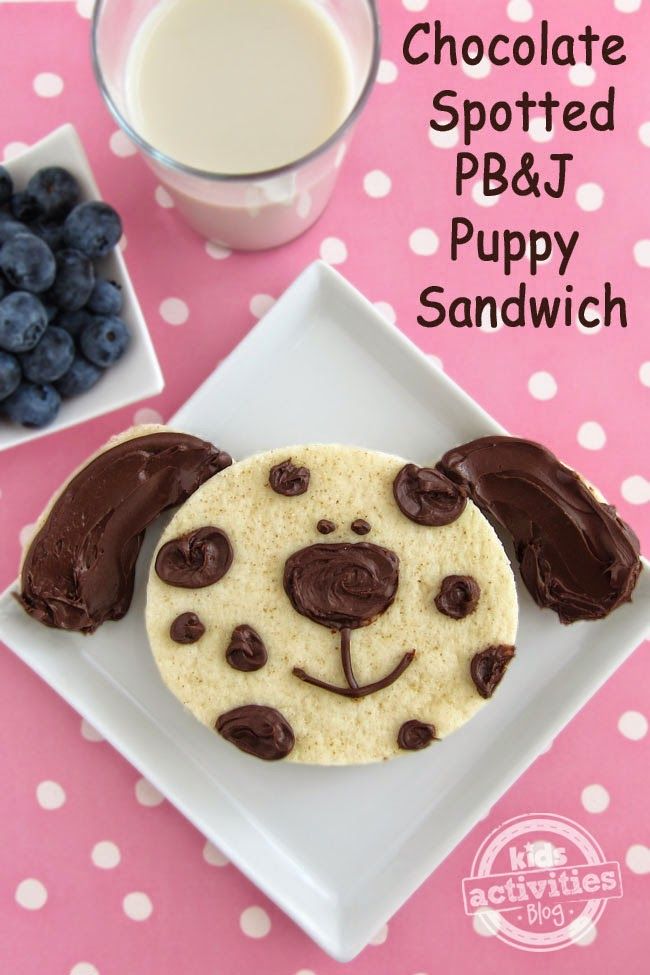 Consider the most popular.
Consider the most popular.
At what age do you start breastfeeding?
Feeding should start at 12 weeks of age. Not earlier!
For this, most often, cow's milk is used, which is heated to 30 degrees and a little powder is added (1 glass / 1 tablespoon). But cow's milk is used because of its availability.
[content-aside]
Whole milk is not used.
[/content-aside]
Goat's or sheep's milk is the best option, since their composition is closest to that of a dog.
Can I feed adult food?
No, because puppies need almost twice the amount of all substances and vitamins. Food for an adult dog will not provide such needs. Special food is needed, it contains an increased amount of protein (25-30%), added fat and water-soluble vitamins, minerals and other substances.
In addition, do not feed your baby cat food. It contains taurine, which is essential for cats. The dog's body synthesizes it on its own. Its additional intake can lead to heart failure.
The dog's body synthesizes it on its own. Its additional intake can lead to heart failure.
Can I feed my puppy baby food?
No when it comes to complete nutrition for a small dog. Baby food should only be given as a rare treat when it comes to mashed meats.
Don't transfer your baby to infant formula because it contains a lot of sugar and is intended primarily for human babies. But the gastrointestinal tract of a person and a dog are very different, and such a mixture can cause allergies, indigestion and diarrhea.
[content-aside id="841" text=""][/content-aside]
Should I feed at night?
The answer to the question depends on age. If the baby is less than two months old, then it is worth feeding him at night if he woke up and shows anxiety. However, from the age of 2-3 months, night feedings should be canceled.
When to switch to two meals a day?
Dogs should be fed twice a day from the time they are one year old.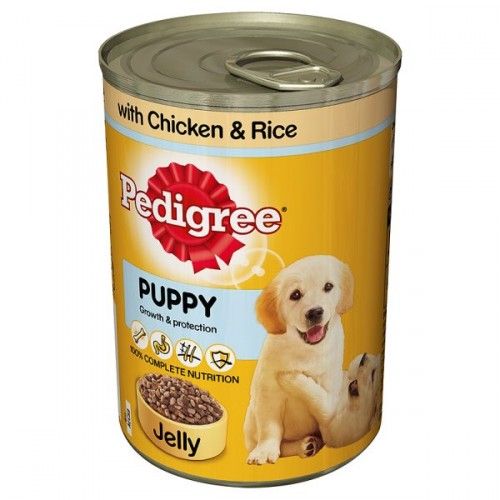 From the age of 6 months until this moment, the puppy is transferred to three meals a day.
From the age of 6 months until this moment, the puppy is transferred to three meals a day.
Can I feed my puppy before vaccination?
It is better not to feed before vaccination. It is necessary to plan a trip to the doctor in such a way that it can be visited in the morning. However, water must be given in unlimited quantities.
How to feed a newborn puppy without a mother?
The best way to feed a newborn puppy who is left without a mother is to find another lactating bitch.
This must be a lactating dog with a small litter of puppies and a suitable breed. In real conditions, this is very difficult to do.
Then you will have to feed artificially, but you should understand that this is a very laborious and responsible process. The life of a small dog depends on it.
A specialized mixture is used - a substitute for mother's milk. Feeding is carried out every 2-3 hours, food temperature is 35-40 degrees.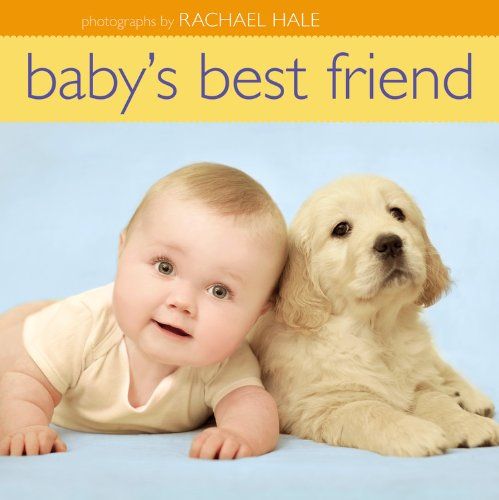
What to feed a sick puppy?
If signs of any disease appear, you should immediately visit a veterinarian. The veterinarian will prescribe treatment and diet.
Diarrhea first aid - starvation diet. It is not known what causes diarrhea, so it is best not to feed the puppy before visiting the veterinarian.
How to feed if you work?
The basic rule for feeding a small pet is regularity. If it is not possible to be with the baby all day and ensure regular feeding, you will have to look for additional options.
You can ask someone they know or neighbors to provide this care. In addition, there are special automatic feeders that can be programmed to dispense a portion of feed at a certain time.
It will be necessary to teach the dog to the feeder so that in your absence he understands where he will eat. In this case, the owner has no choice - feeding will be carried out with dry food.
In any case, additional financial costs will be required in such a situation.
How many times to feed
For each dog, upon reaching adulthood, the owner selects his own diet. However, there are general rules regarding the frequency and timing of feeding:
- Feeding is done at the same time, by the hour. From the beginning of life, the feeding interval is 2 hours, with age it decreases gradually;
- Evening feeding is best done at about 11 pm, and morning feeding at 6 am;
the number of feedings per day will depend on age; - If fed straight, food should be at room temperature;
- Do not mix dry food with natural food;
- If raw meat is given, it is better to freeze it for three days. Feeding meat is best done in the evening so that the puppy sleeps better;
- Natural food is ground and should have a consistency similar to thick sour cream;
after feeding, you can not physically load the baby; - To avoid problems with skeletal formation, feeding is carried out with a special adjustable stand that "grows" with the dog.
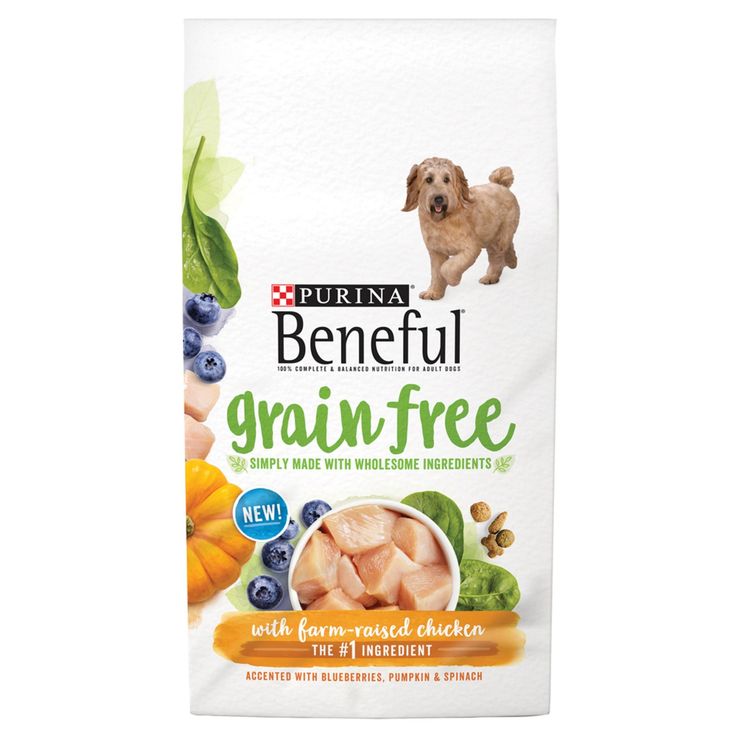
How to feed puppies monthly
The interval between feeding puppies increases with age, but this should not be done artificially. It is necessary to focus on the dog itself. Usually, the owner himself notices that by a certain age the baby misses one of the feedings.
1 month
One month old puppy can be fed with other food than mother's milk. At this age, his milk teeth are already erupting, and he is ready for more solid types of food.
If you decide to feed your baby ready-made food, then you should start with wet options. Then you can enter dry granules, which are designed specifically for puppies. If necessary, you can soak the crackers with water.
With natural nutrition, meat is cut into small pieces, porridge is boiled. Vegetables are added to it.
One-month-old puppy is fed six times a day at intervals of 2 or 3 hours. You can independently prepare a nutritious milk mixture: a liter of sterilized cow's milk, and preferably goat's milk, two or three quail eggs.
For a one and a half month old puppy, increase the portion a little, making sure that he does not overeat. Since such babies need to be fed dairy products, it is better to use fermented milk.
[content-aside id="1409" text=""][/content-aside]
2 months
Two-month-old puppy can be fed five times a day, increasing the interval to 4 hours.
However, at this age, it is worth focusing on the baby's appetite and weight gain. If necessary, at this age you can still leave frequent feedings.
It is useful to mix cottage cheese with a small amount of whey. At this age, boiled fish can be added to lean meat, vegetables, porridge.
[content-aside id="1619" text=""][/content-aside]
Strictly monitor the presence of bones in the portion!
3 months
Three-month-old puppies keep five meals a day, increasing the portion size. For dry food, follow the manufacturer's instructions on the packaging.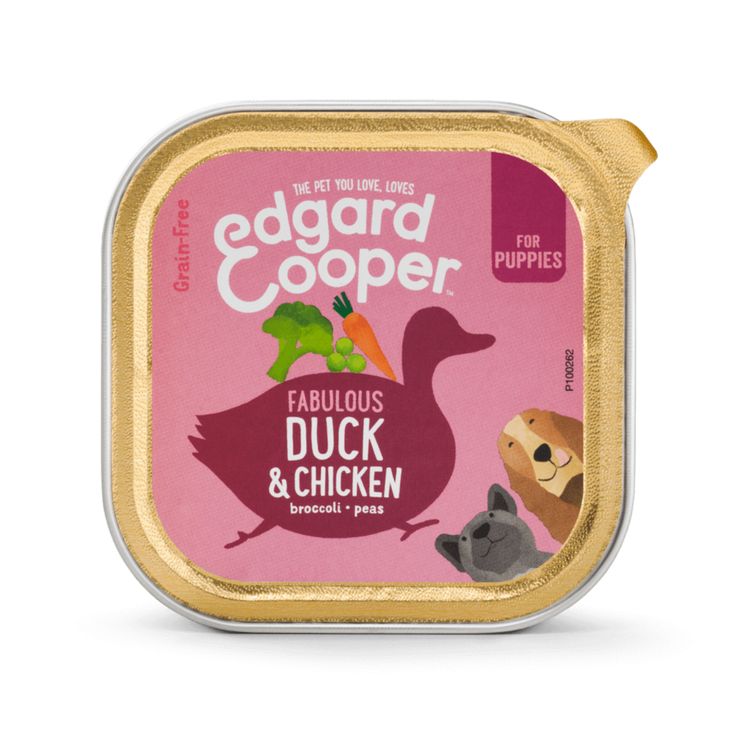 For natural food - from 250 to 450 grams, depending on the breed, appetite and temperament of the puppy.
For natural food - from 250 to 450 grams, depending on the breed, appetite and temperament of the puppy.
At the age of up to 3 months, the proportion of meat in the diet should be 40%, 40-50% fermented milk products, the rest - vegetables and cereals. Meat is not used in the form of minced meat, in the stomach it sticks together into a lump and is difficult to digest.
Older than 4 months
During this period, the diet is revised. The share of meat products should be increased to 70%. Accordingly, the share of dairy products decreases. From the age of four months it is allowed to give offal. Liver is especially useful for puppies.
The number of cereals and vegetables remains the same, but the number of fish can be increased. Preference is given to marine species.
From 4 to 6 months the puppy should eat four times, morning and evening and twice in the afternoon.
From 5 months it is worth slightly increasing the amount of the portion, focusing on the dog himself.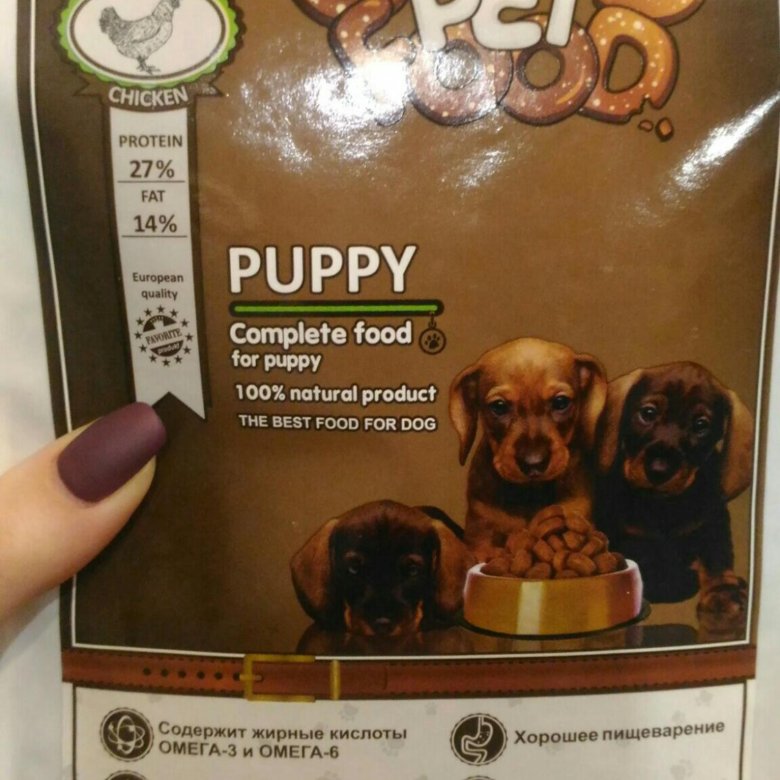
If the owner plans to switch to natural dry food, it is better to start with for half a year .
Seven-month-old can already be tried to switch to three meals a day, that is, to remove one daily feeding. In any case, by the age of 10 months he will have to eat three times a day.
From the dog must already switch to two meals a day. It should be noted that in decorative breeds, transitions to more rare feeding occur much faster than in dogs of large breeds.
Photo: pxhere.comDiet depending on the breed
Regardless of the breed, you need to feed your pet, observing all the basic rules.
Small
Peculiarities of small breed dogs are their inherent pathologies of the heart and blood vessels. Therefore, for puppies of that terrier, dachshund, Yorkshire terrier, Spitz, Chinese Crested, Pekingese, Shih Tzu, Bichon Frize and other decorative breeds, it is necessary to additionally give complexes of vitamins and minerals.
The diet should not allow obesity, so lean meat should be the basis. You can not give frequent snacks and abuse treats. For example, sea fish is useful for a fluffy coat of a Pomeranian.
Food must meet the need for calcium - cottage cheese and complex mineral supplements.
Medium
Medium breed puppies need much more energy and nutrients to grow normally. For Shar-Pei, Pinscher, Russian and English Cocker Spaniel, French Bulldog, Beagle, Jack Russell, Pug, Corgi and other puppies, premium dry food, holistics are needed.
[content-aside id=”1558″ text=””][/content-aside]
A natural diet should contain plenty of meat, fiber, calcium and minerals. It is better to choose a special complex depending on the breed. For example, for a spaniel, a food that provides a large amount of energy is needed, since the dog is often used for hunting.
Large
Such giants as Huskies, German Shepherds, Labradors, Alabai, Cane Corso, Rottweilers, Samoyeds, Staffies, Pit Bulls, Akita Inu, Caucasian Shepherd Dogs, Asian Shepherd Dogs need enhanced nutrition.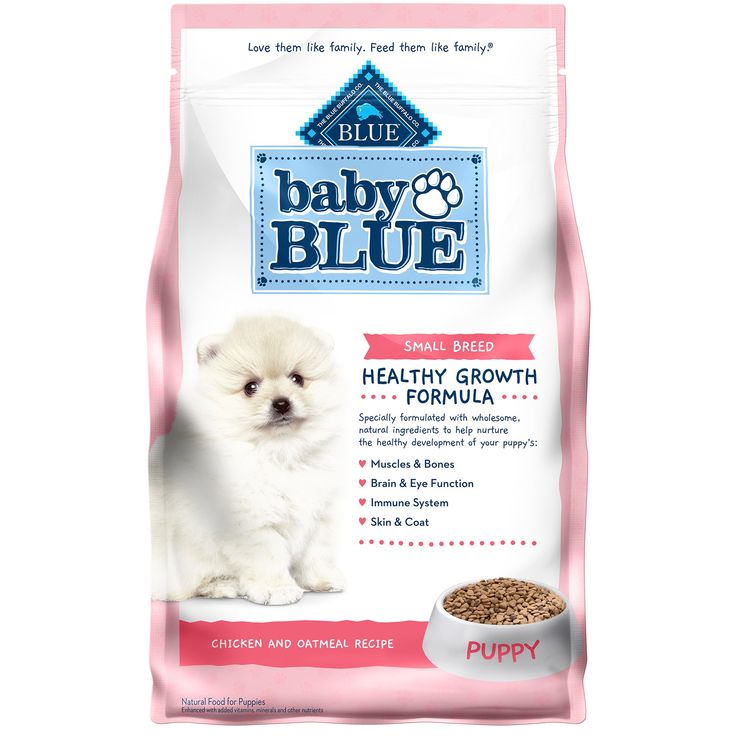
These dogs have pronounced muscle mass, often have problems with the joints and skeleton. Therefore, a small representative of a large breed must be provided with calcium, proteins, and fiber.
The basis of a natural diet is meat and offal, cereals and boiled vegetables. You need to be very careful about the volume of the portion, since overeating and a large puppy weight are problems with the joints in an adult dog.
When it comes to mutt puppies, their diet should be approached from a growth perspective. If it is assumed that the baby will grow up to be a serious dog, then the diet is made up as for a large breed dog.
Photo: pixabay.comWhat not to feed
We have marked the foods that should be the basis of a puppy's diet. There are foods that are strictly forbidden to be introduced into his diet:
- sweets and sweet pastries, bread. Glucose in them will cause fermentation and problems with the gastrointestinal tract, obesity;
- salt and spices;
- tubular bones.
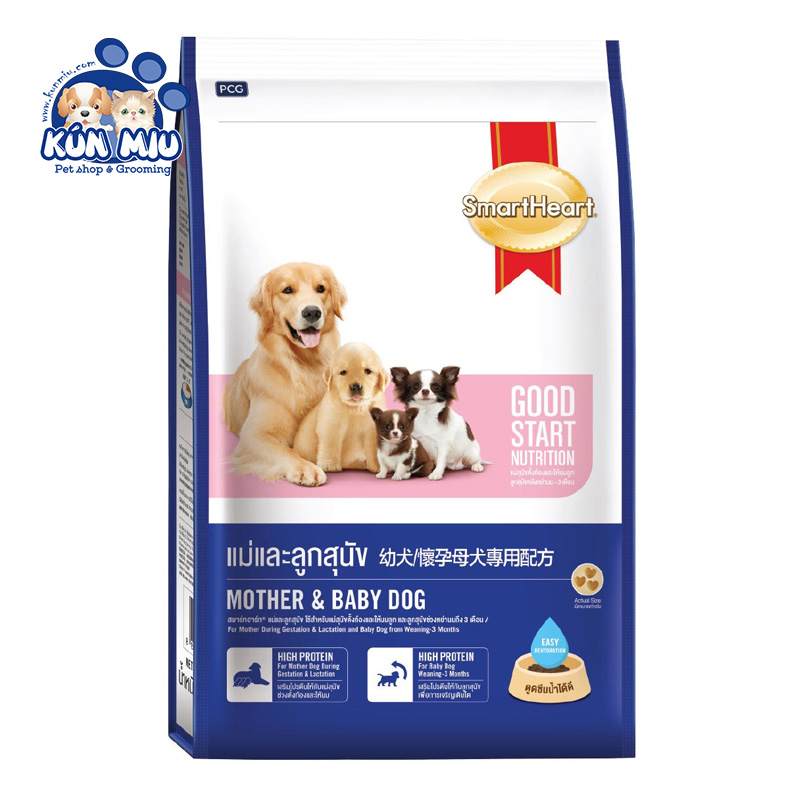 Dangerous with their fragments, which can pierce the intestines;
Dangerous with their fragments, which can pierce the intestines; - pork, which is a source of trichinosis, which is difficult to treat;
- cabbage and legumes;
- whole milk;
- river fish;
- raw chicken;
- boiled potatoes;
- pasta;
- sausages and anything containing preservatives.
[content-aside]Any food from the master's table that you really want to treat the baby will have a detrimental effect on the puppy's health.[/content-aside]
Photo: pixabay.comBriefly about the main things
- A puppy's diet should be approached carefully, making it up depending on age and breed;
- Monthly babies are fed six times a day, with an interval of three hours;
- Gradually reduce the number of feedings, focusing on the age and behavior of the dog;
- Serving size and calorie content increase with decreasing feedings.
